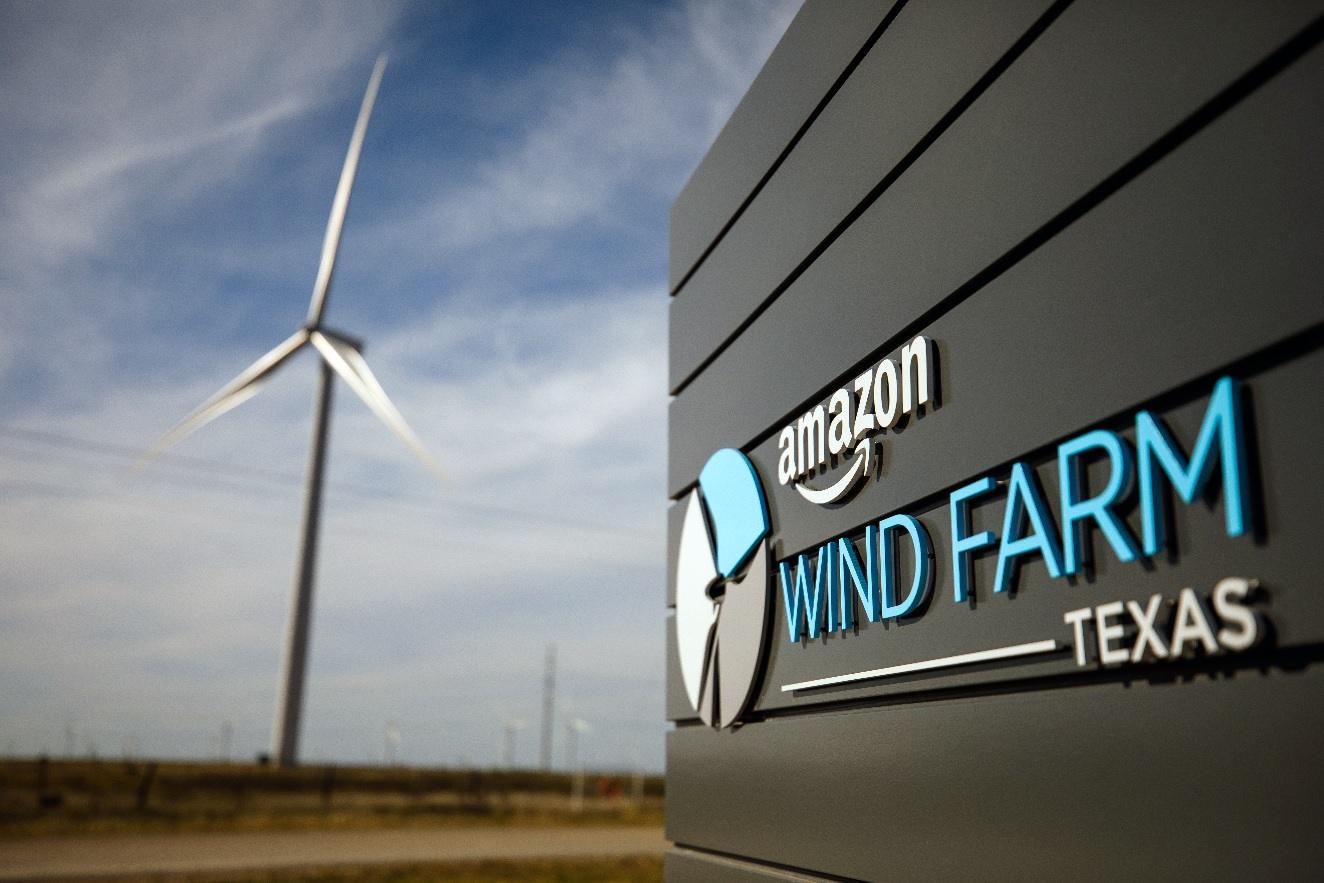Wendy’s Commits to Slash Emissions Across Operations, Franchisees and Supply Chain
Fast food restaurant company Wendy’s announced today new near-term climate goals, aiming to reduce operational emissions and the carbon intensity of its value chain nearly in half by 2030.
The company’s new goals include 2030 targets to reduce absolute Scope 1 and 2 emissions, which include those under the company’s direct control as well as from sources such as purchased electricity, by 47%, and to reduce emissions intensity from indirect value chain sources including purchased goods and franchised restaurants by 47%, on a 2019 basis.
Liliana Esposito, Wendy’s Chief Corporate Affairs and Sustainability Officer, said:
“We recognize our role in using resources and energy, and we continue to prioritize delivering more to our customers with a smaller environmental footprint.”
According to Wendy’s 2021 ESG report, Scope 3 emissions account for 99% of the greenhouse gas emissions attributable to the company. The company said that the new goals were set following a lifecycle assessment to evaluate its value chain emissions, which indicated that purchased goods – such as food and packaging – account for nearly 85% of the company’s Scope 3 emissions, while franchised restaurants represent around 10%.
Wendy’s stated that its new climate targets have been approved by the Science Based Targets initiative (SBTi). The company said that its Scope 1 and 2 targets aimed to reduce operational emissions at a pace consistent with keeping warming below 1.5°C, while the Scope 3 goals are aligned to SBTi’s well below 2°C criteria.
Luiz Amaral, Chief Executive Officer of SBTi, said:
“Today, Wendy’s joins the growing list of companies with science-based targets consistent with limiting global warming to 1.5°C. We now need more corporate actors to set ambitious targets like Wendy’s.”
Wendy’s outlined several of the initiatives it will pursue in order to achieve its climate goals, including collaborating with suppliers to identify ways to reduce emissions or sequester carbon in their operations and shared supply chain, developing a renewable electricity procurement strategy across the Wendy’s System, improving energy efficiency through equipment retrofits and upgrades, and projects focused on renewable energy, soil health restoration and manure management, among others.
* Image courtesy of The Wendy’s Company





